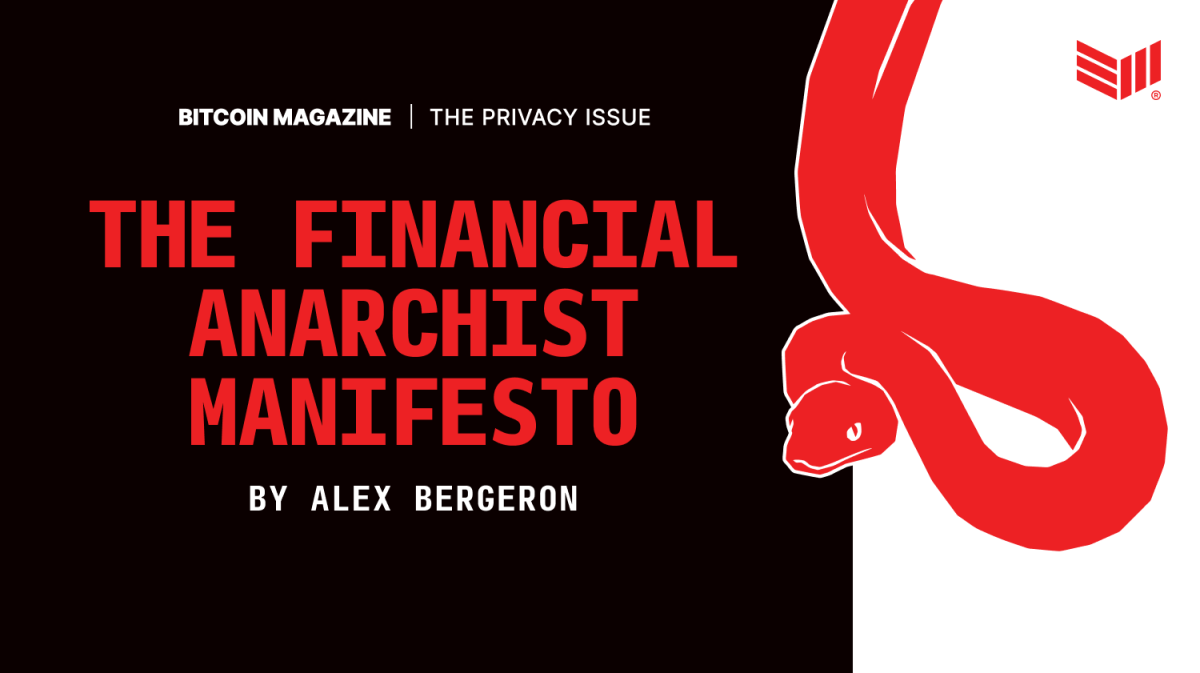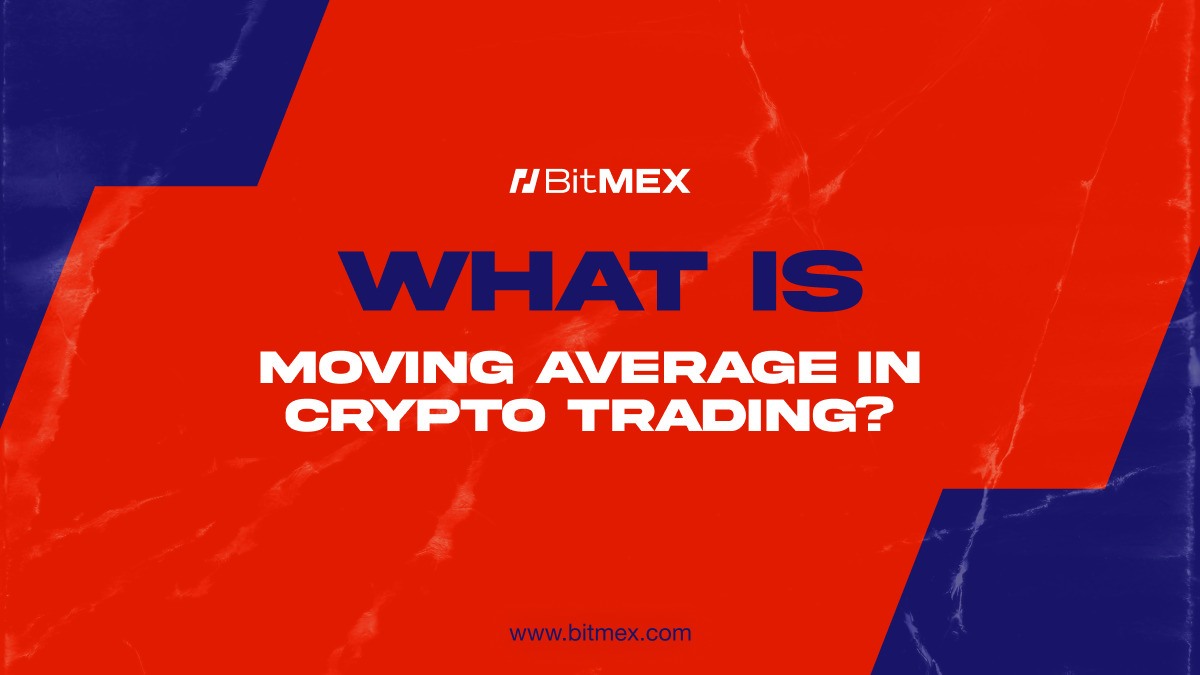United Kingdom’s top finance regulator reports that withdrawn digital asset applications decreased by 78% in the past year, reflecting increased compliance with rules. However, it also revealed fewer registration applications and lengthy approval times.
Applications for registration in the United Kingdom as a digital asset exchange or custodian wallet provider have dropped by 51% over the past three years, according to data obtained through a Freedom of Information (FOI) request by international law firm Reed Smith.
The data was revealed by the Financial Conduct Authority (FCA), the U.K.’s top financial market watchdog, which reported that only 29 applications were submitted between May 1, 2023, and April 30, 2024. This is a decline from 42 applications the previous year and 59 the year before that. The first quarter of 2024 saw just seven applications, the second-lowest quarterly figure recorded in the past three years.
Another worrying statistic, from the point of view of the U.K. digital asset industry, is the average time for the approval of applications within the past three years, which the FCA reported stands at 459 days. In theory, this lengthy approval process could discourage potential applicants and undermine confidence in the regulatory framework.
However, another reported statistic appeared to contradict this conclusion. In the last year, the number of registration application withdrawals has dropped by a substantial amount, 78% to be specific, compared to the 2021–2022 period. A total of 20 firms withdrew their applications in the past year, down from 73 in 2022–2023 and 93 in 2021–2022.
Overall, 186 firms have withdrawn their applications in the past three years, but the data breakdown appears to show that the number of annual withdrawals is falling.
Contrary to the pessimistic implication of the reduction in new applications, the withdrawal numbers could suggest that existing applicants are gaining a better understanding of the FCA’s rules and requirements and are choosing to persist with the process.
“The good news is that the falling number of applications suggests that firms are now much better acquainted with what the regulator expects,” Brett Hillis, Partner at Reed Smith, told Finance Magnates.
“This can only be a positive development and would also explain the fall in approval times as the FCA has to spend less time wading through poor-quality applications. Clearly, though, there is scope to speed up further.”
This latter point refers to the apparently positive sign that this number is also falling despite the long average time taken to approve applications over the past three years. In the last year, the average wait time was 311 days, up from 497 days the previous year.
FCA’s approach to digital assets
In terms of the U.K.’s current regulatory landscape, the Financial Services and Markets Act (FSMA) 2023 was passed on June 29 last year, beginning the process of bringing digital assets into the country’s financial service regulatory regime and within the remit of the FCA.
The same month, the U.K. announced the new digital asset promotions rules, which mandated that any digital asset product or service promotion must attach a ‘clear warning.’ Firms marketing digital assets to U.K. consumers also need to introduce a 24-hour cooling-off period for first-time investors to allow them to think about and possibly back out of spur-of-the-moment or potentially unwise investments.
It also dictated that, when the rules came into force on October 8, 2023, there would henceforth be only four lawful routes firms can take to communicate digital asset promotions in the U.K., including getting an “authorized person” to communicate your promotion, becoming an authorized person, or registered with the FCA under the Money Laundering, Terrorist Financing, and Transfer of Funds Regulations 2017 (MLRs).
Since then, the FCA has identified 1,010 breaches in the first seven months up to April 2024. This was accompanied by accusations that the promotion regime amounted to “indirect regulation” by forcing firms out of the market through a combination of peer pressure and the perceived rigors of registering with the FCA.
Depending on how one read the data released by the regulator on Wednesday, these accusations could now be seen as both somewhat accurate and somewhat misplaced.
Watch: Breaking down solutions to blockchain regulation hurdles
New to blockchain? Check out CoinGeek’s Blockchain for Beginners section, the ultimate resource guide to learn more about blockchain technology.

















 English (US) ·
English (US) ·